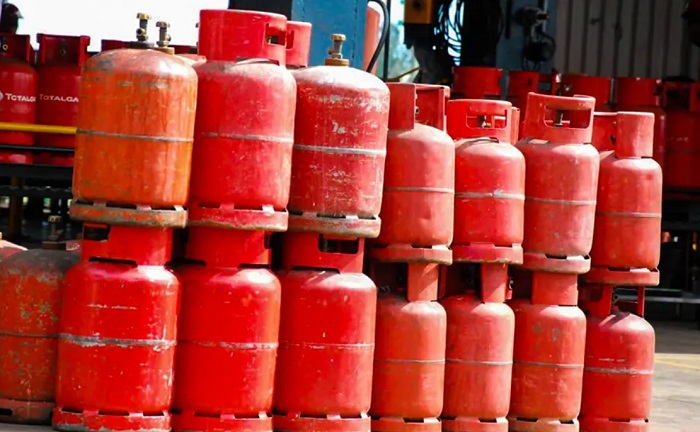Nigeria To Begin To Supply Gas To South Africa From 2024
In a groundbreaking move, Nigeria is set to become the first African country to supply gas to South Africa, opening up new possibilities for energy cooperation in the continent.
Riverside LNG, a prominent Nigerian energy company, has disclosed ongoing discussions regarding a potential agreement to supply gas to South Africa starting from the first quarter of 2024. This development marks the initiation of what could be the first-ever gas deal between Nigeria and South Africa, signaling a potential collaboration in the energy sector.
CEO David Ige, in an exclusive interview in Abuja, revealed the company’s strategic focus on expanding its reach across the continent. Earlier this year, Riverside LNG formalized a gas-export partnership with Johannes Schuetze Energy Import AG of Germany, demonstrating its commitment to international collaborations.
“We’d probably very early in the year close out another segment of the market, an off-take for South Africa,” Ige stated.
“There’s a massively evolving gas market in the region, covering southern Africa, western Africa, all to northwest Europe and to the Caribbean and South America broadly.”
While emphasizing the confidentiality of ongoing discussions, Ige refrained from providing specific details about the negotiations with South African counterparts. The company is simultaneously exploring potential opportunities in Liberia and Cameroon, further solidifying its position as a key player in the African energy landscape.
Strategic Implications for South Africa: Addressing Power Shortages and Embracing Renewables
The potential gas supply deal with Nigeria comes at a critical time for South Africa, which is facing persistent power shortages due to ageing and inadequately maintained power stations managed by Eskom Holdings SOC Ltd. The state-owned utility has been struggling to meet the growing demand for electricity, resulting in frequent blackouts and load shedding.
The government has been trying to procure extra electricity from private providers, but has faced delays due to grid constraints and legal disputes. Moreover, South Africa lacks an LNG facility, which means that deliveries from the Riverside LNG project are expected to start in 2027, after the construction of a terminal and a pipeline.
In the meantime, South Africa is shifting towards renewable energy sources, with a goal to achieve 60 gigawatts of power from renewables by 2030. The country has been investing in solar and wind projects, as well as exploring other options such as hydrogen and battery storage.
The gas deal with Nigeria could help South Africa diversify its energy sources, moving away from coal dependence. With 80% of electricity production currently reliant on coal, South Africa aims to achieve a significant portion of its power from renewables by 2030. Gas could serve as a bridge fuel, providing a cleaner and more reliable alternative to coal.
Regional Dynamics: SADC endorses $17 billion plan for natural gas infrastructure
The gas deal between Nigeria and South Africa is also in line with the regional dynamics, as the Southern African Development Community (SADC) has endorsed a $17 billion plan for natural gas infrastructure to enhance energy provisions in the region. The plan includes investments in pipelines and terminals for both local and imported supplies.
The SADC region has abundant natural gas resources, especially in Mozambique and Tanzania, which have made significant discoveries in recent years. However, the development of these resources has been hampered by security challenges, regulatory uncertainties, and financing constraints.
The SADC plan aims to address these issues and unlock the potential of natural gas for the region, which could boost economic growth, create jobs, and reduce greenhouse gas emissions. The plan also envisages the creation of a regional gas market, which could foster integration and cooperation among the SADC member states.
CEO David Ige emphasized the broader opportunities for Nigeria, stating, “We see a huge opportunity for Nigeria in being a trading hub.” The evolving gas market in the region presents a strategic advantage for Nigeria to position itself as a pivotal player in the global energy trade.



